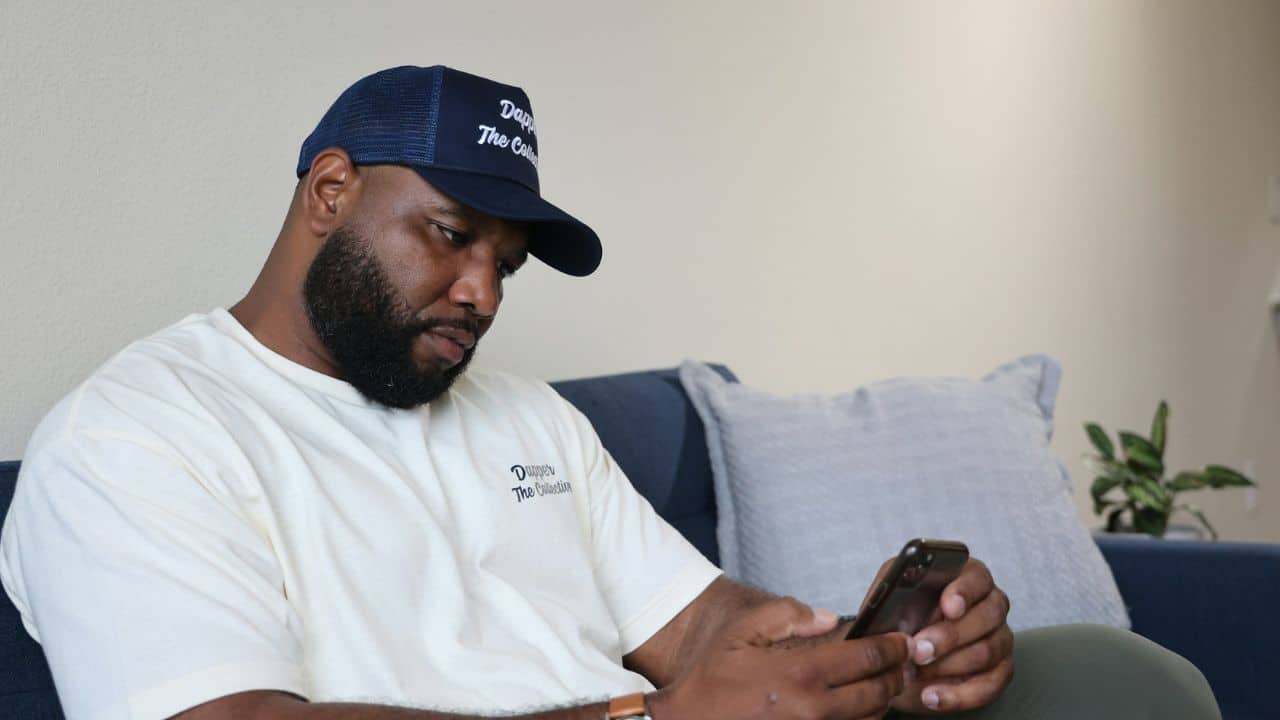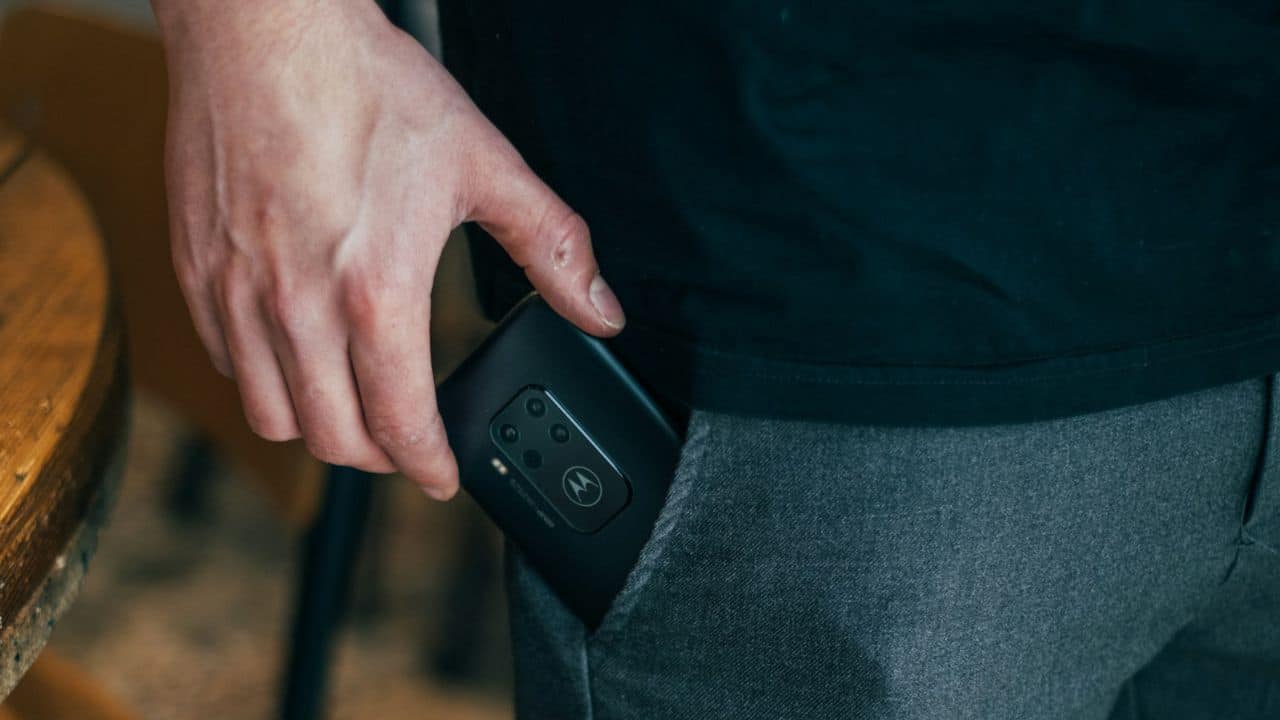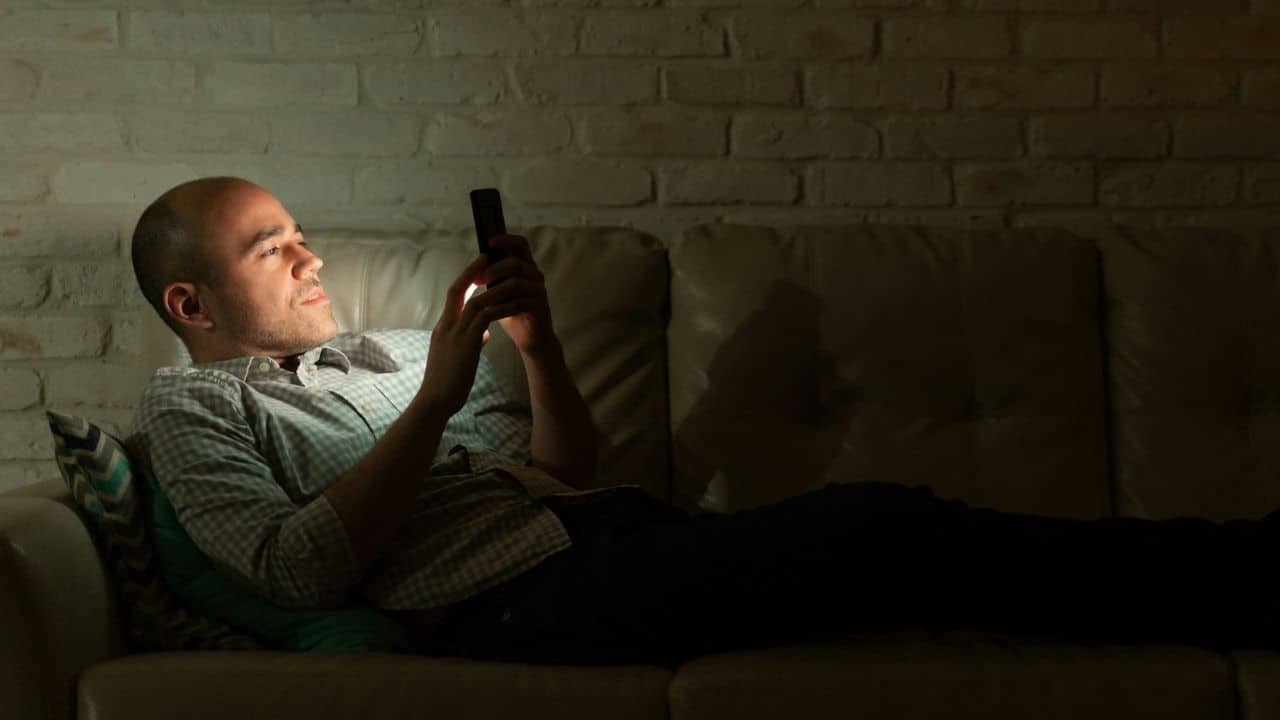
You scroll. She scrolls. We all scroll. It’s the background noise of modern life, and for many of us, it’s an invisible third party in our marriages. The little taps and swipes we do every day have a weight we rarely acknowledge until it’s too late. So, before you keep scrolling past this, take a minute. Your most important relationship might be quietly eroding while you’re busy liking someone else’s highlight reel.
Phubbing Has Replaced Connection

You’re sitting on the couch together, but you’re not together. One of you is staring into the glow of a screen while the other tries to talk. This is phubbing—phone snubbing. It’s a subtle but powerful way to say, “Whatever is on my phone is more interesting than you.” This habit chips away at intimacy, making your partner feel ignored and undervalued. How often are you truly present during shared moments, or are you just scrolling while pretending to listen? Audit your screen habits and reclaim those small moments of presence.
Upward Comparison, Downward Spiral

You’re scrolling and see another couple on an exotic vacation, another guy gifting his wife a luxury watch. Suddenly, your marriage seems a little less exciting. This is the upward comparison trap. You’re not seeing their real life; you’re seeing their curated life. Their best moments are being compared to your everyday moments, and that comparison is a game you’ll always lose. Remember that what you see online is a performance, not the full story.
Algorithm-Fueled Insecurity

Ever wonder why your feed shows you tempting content—like that ex you forgot about or an impossibly good-looking person? That’s not an accident. Social media platforms use algorithms to push content that triggers strong emotions, keeping you glued to the screen. This can plant seeds of dissatisfaction, making you feel like there’s always something better out there. It’s a sneaky way to make you question what you have.
Jealousy Over Likes and Comments

It might sound ridiculous, but a partner’s social media interactions can feel like a real threat. A comment from a coworker or a like from an old friend can trigger a gut reaction. Online, a tiny interaction can feel loaded with meaning it doesn’t have in real life. These moments are often a symptom of something bigger: a lack of communication or trust that’s being masked. Instead of stewing, maybe it’s time to talk about what’s really bothering you.
Performative Posting as a Cover-Up

Have you ever seen a couple post sappy, lovey-dovey messages about their “perfect” relationship, only to later hear they’re struggling behind the scenes? This is performative posting. It’s a way of using social media to tell the world you’re happy, often as a way to convince yourself you are. When you’re posting for validation instead of living the moment, you’re using social media as an emotional cover-up. Ask yourself: who are you really trying to convince with that post?
Hidden Accounts and Secret Tabs

Some people create secret accounts or hide certain posts from their partners. This kind of digital secrecy is a relationship killer. Even if the content is innocent, the act of hiding it creates a rift of mistrust. Secrecy, no matter how small, fuels paranoia and makes your partner wonder what else you’re not showing them. Trust is built on transparency, and hiding things online is the fastest way to tear it down.
Reconnecting With Exes Easily

Social media makes it effortless to find and reconnect with people from your past. A quick search can lead to a direct message that starts with “Just checking in,” and before you know it, you’re walking a dangerous line. Even if it feels harmless, rekindling old sparks, even digitally, opens a door that should stay closed. It puts your emotional energy and attention in the wrong place.
Oversharing Personal Stuff

Sharing your private life online can be tempting, but there’s a line. Posting about a private fight or a hurt feeling from your partner isn’t seeking support; it’s inviting a jury of strangers to pass judgment on your marriage. This kind of oversharing can make your partner feel exposed and disrespected. Your private life should be sacred, not a public performance for likes and comments.
Reduced Small Talk, Reduced Emotional Bandwidth

The constant stream of content replaces the small moments of connection that make up a marriage. Instead of asking “How was your day?” or “Did you see that funny thing on the street?” you’re both scrolling through different feeds. All those small, in-the-room conversations are the glue of a relationship. When you trade them for a feed, you lose the subtle intimacy they create.
Seeing Every Moment, Expecting Perfection

Social media shows us perfectly curated lives, and it warps our expectations of what a marriage should be. We start expecting spontaneous romantic dinners every week and grand gestures every day because that’s what we see online. This leads to dissatisfaction with the normal, day-to-day rhythms of a real marriage. Your partner isn’t a content creator; they’re a human being living a real life.
Jealousy From Follower Counts

It might seem petty, but social metrics can feed insecurity. If your partner has a lot of followers or gets a lot of engagement, it can stir up feelings of inadequacy. The number of likes or DMs becomes a weird measure of their worth or desirability. These metrics are a fake currency, and letting them affect how you feel about your partner is a losing game.
Digital Distance Creates Real Disconnect

When you’re logged into your phone, you’re logging out of your real life. The time you spend scrolling is time you’re not spending with your partner. This creates a digital distance that becomes a real disconnect. Are you using your phone to escape from your marriage? Ask yourself if you feel emotionally closer to your feed than you do to your spouse.
The Social Media “Prenup” Confusion

Some couples discuss social media prenups, or setting boundaries for what to post. While that sounds extreme, it’s really about being proactive. Without an agreed-upon boundary, the unspoken rules can lead to confusion and resentment. If you’ve never talked about what’s okay to share and what’s not, you’re leaving a massive part of your life up to assumptions and potential red flags.
Neglecting Offline Intimacy for Online Validation

Is seeking approval from likes and comments replacing the emotional connection you should be getting at home? Chasing likes and comments can become an addiction that replaces the praise and affirmation you should be getting at home. When you start outsourcing your need for approval, you’re neglecting your most important source of emotional intimacy. Your partner’s praise should matter more than a thousand strangers’ likes.
Eroding Trust, Brick by Brick

Each micro-moment—a hidden post, a secret like, a flirtatious comment—compounds over time. These are not isolated incidents; they are bricks chipping away at the foundation of trust. Over time, these small acts of digital deceit create a bigger deficit. Trust isn’t broken in a single moment; a thousand small decisions often erode it.
Paradox of Connection vs. Loneliness

Social media promises connection but often delivers loneliness. You might be chatting with dozens of people, but feel utterly disconnected from the person next to you. All the scrolling, liking, and commenting can ironically leave you feeling empty and alone. When do you feel most alone? Is it after you’ve just scrolled for an hour?
The Divorce Algorithm Is Real

Have you ever noticed that if you search for something negative about marriage, the algorithm seems to feed you more of it? There’s a real observation that algorithms can push content about divorce or relationship problems, which can plant seeds of discontent. The digital world is designed to show you what you’re looking for, even if it’s a path to unhappiness. Be mindful of what you’re feeding your mind.
Reclaiming Control With a Real-World Reset

The good news? You can take control back. Start by creating device-free rituals. Maybe that means putting phones away during dinner or for the first hour you’re home. Talk to your partner about your triggers and what makes you feel insecure. Reinvest in your emotional reality instead of your digital one. Your marriage is real, and it deserves more of your presence than your phone.






Ask Me Anything